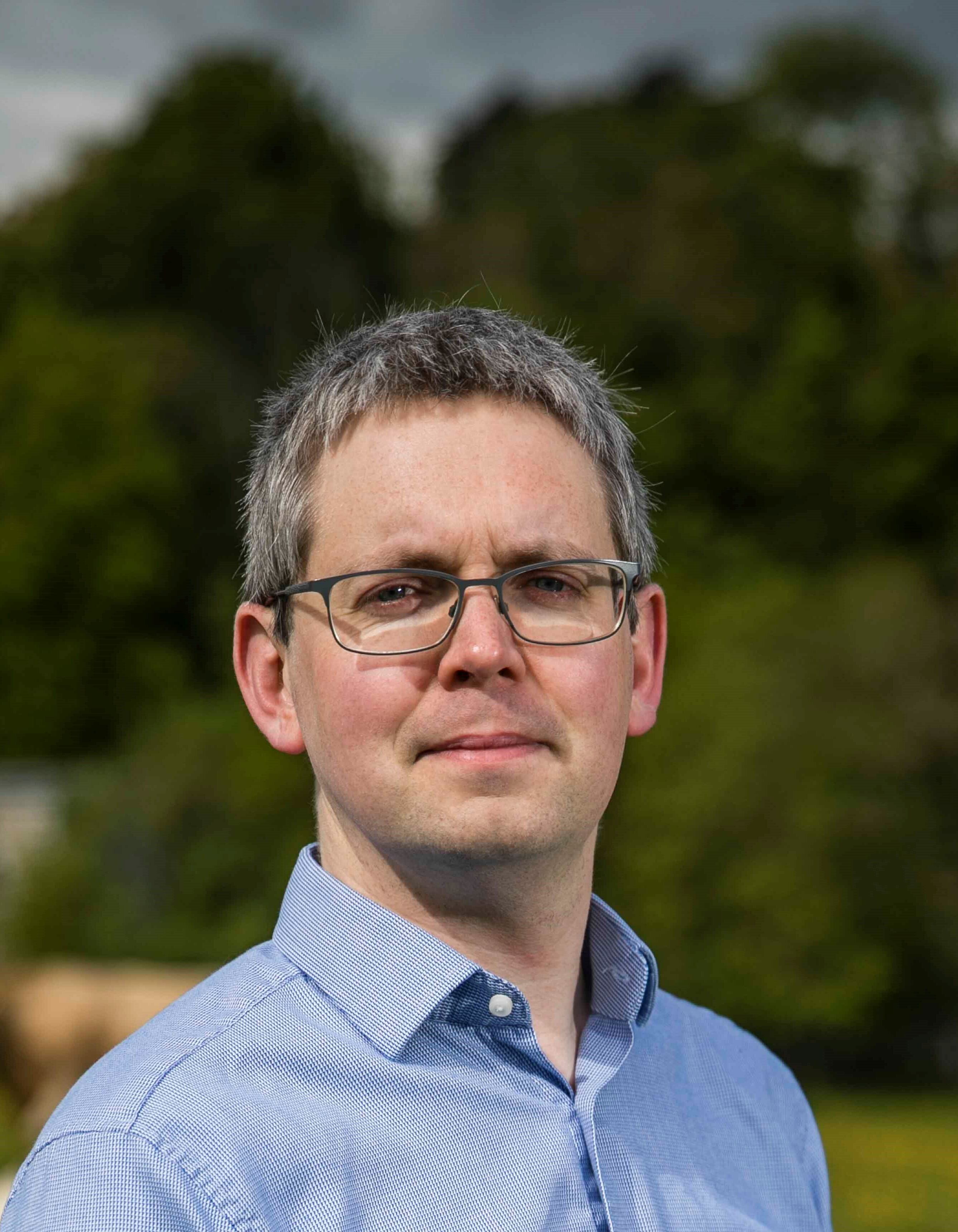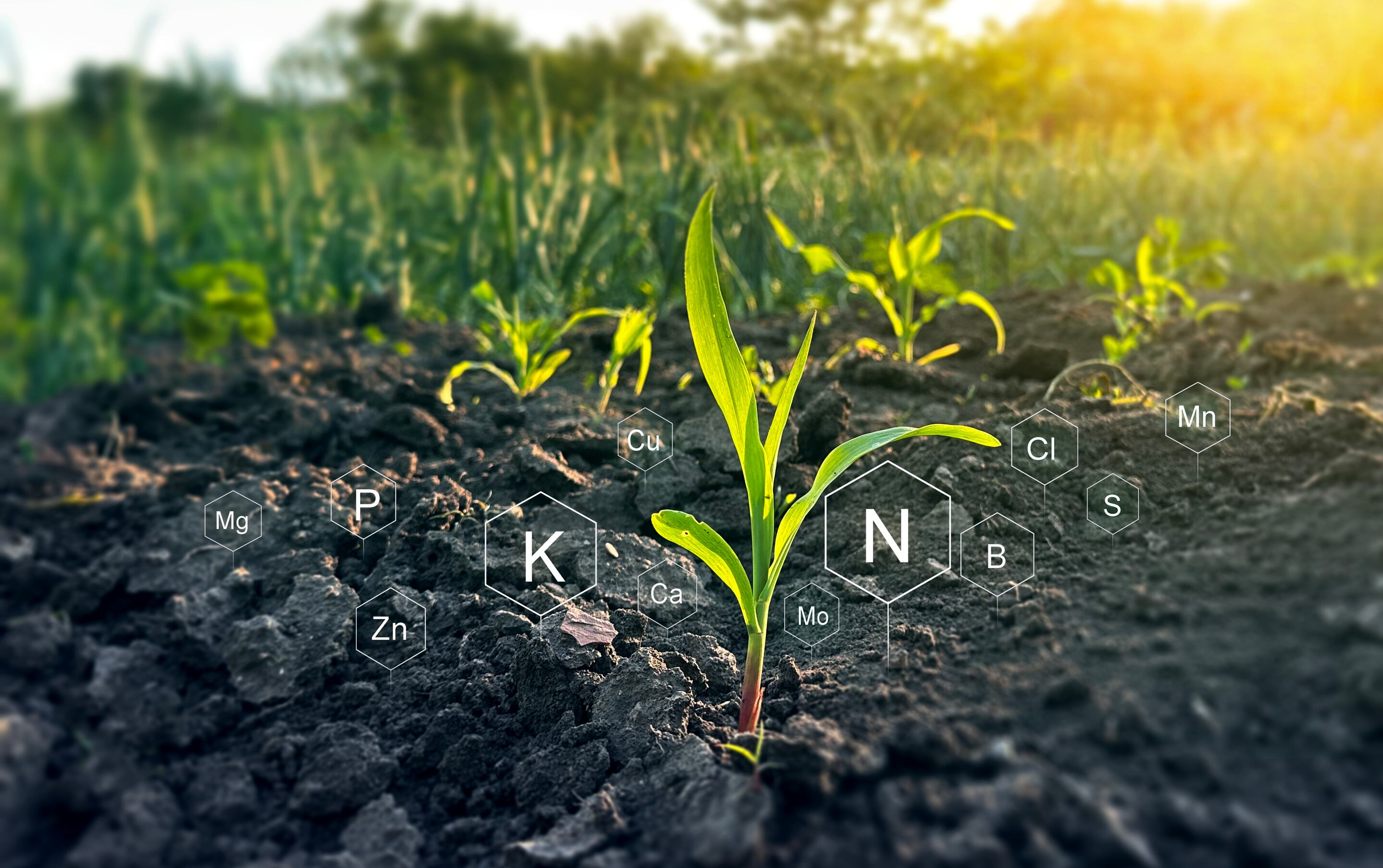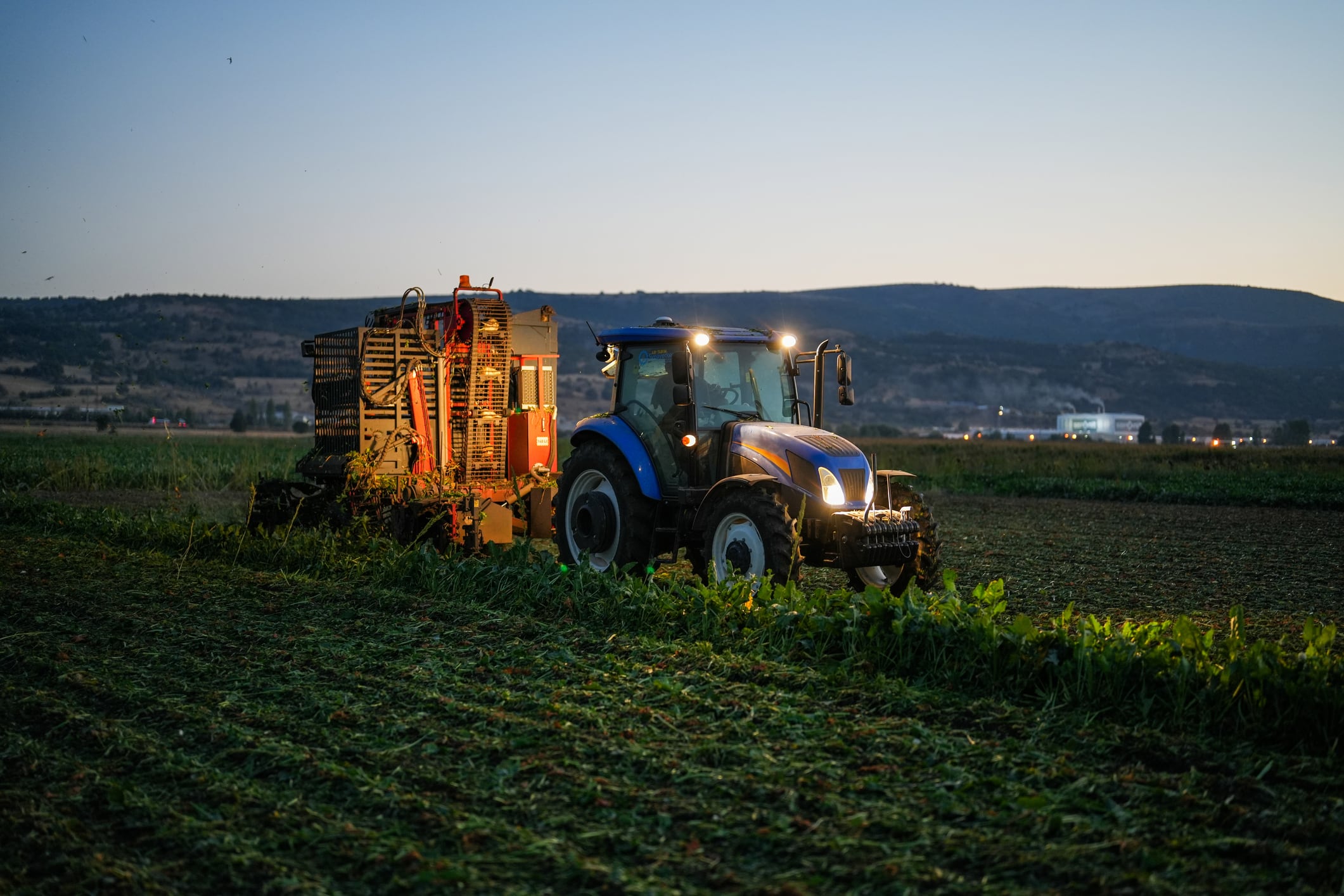There’s a sense of meeting the adults in the room when sitting down with venture capital fund Yield Lab Europe. Rather than talking of the latest hot area of growth or their new and innovative funding model, Yield Lab’s managing partner David Bowles seems to take more pride in the fact his fund is, well, slightly boring.
“We’re a bit conservative,” he says with a smile. “But it’s working well.”
Yield Lab Europe launched five years ago with €55m raised from European investors to back early-stage agri-food tech companies across the continent. That first fund has now fully invested in 32 companies, and the team is in the process of closing its second.
Bowles himself is light-hearted and humorous, a demeanour that sometimes seems at odds with his reflections on Yield Lab itself. “We’re serious people,” he says. “Investing money is a serious business and we treat it with the seriousness that it needs.”
The Yield Lab Europe’s approach differs from other in the agtech ecosystem, where decision-making can be driven by hype cycles and buzz rather than pragmatism and hard business cases, Bowles believes.
Avoiding the hype: Why robotics and regen ag don’t always add up
For example, robotics is drawing huge money from across the industry right now. Yet for Yield Lab Europe, the justification simply isn’t there.
“Every day I meet another company claiming to have the only patent for picking strawberries with robots,” says Bowles. “One might be right but as a VC, we can’t pick the winner in that crowd.”
The same goes for regenerative ag where “there are some interesting things going on,” Bowles acknowledges, “but a lot of companies have nothing behind them, except for the fact they are regenerative ag. It’s a bit like AI or blockchain.”
Yield Lab Europe’s philosophy derives from its roster of “battle beaten, experienced people” who have experienced the rigours of the food industry first hand, Bowles notes. Co-founder, Paul Finnerty, was previously CEO of ABP Food, one of the largest food processors in Europe, while Bowles himself is now in his 13th year of VC investing.
“We are people who know the value of money, who know how hard it is to access customers, who know how hard it is to change the world,” he says.
Backing deep IP and real-world impact
At one point, Bowles jokes the interview is turning him into a “very big naysayer talking about everything we don’t do.” He therefore pivots to talk about what Yield Lab does do.
“What we do is we find really smart people who have really deep IP and open them up to the world.” That typically means fully-formed companies with real scientific depth, a unique product, and a proven market of significant scale.
Bowles points to Nanobox, a nanotech company that received €900k in 2023 for its technology, which produces energy-efficient nanobubbles – microscopic gases saturated in a liquid. Nanobubbles carry nutrients and oxygen to plant roots, accelerating crop growth and reducing the amount of fertiliser needed.
For Yield Lab Europe, the attraction of Nanobox was obvious. “They’re the only people in the world who make nanobubbles without a huge amount of energy,” says Bowles. “That’s a unique proposition. No one else can do that.”
Ultimately, Bowles believes what sets Yield Lab Europe apart from other investors is its combination of deep sector specialism and global connectivity. “We would say we are the people with the deepest understanding of the agri-food tech sector in Europe,” he says. “Be that through our links with industry, the people we have on the team, or the portfolio we’ve built.”
That reputation attracts collaboration, says Bowles, with VCs often calling Yield Lab for validation before committing their capital. “We regularly get phone calls from VCs, mostly generalists, sometimes specialists, saying: ‘Guys, we’d love to do this deal. Can you please join it and tell us it works?’”
Their participation, Bowles adds, often acts as a signal of credibility: “We’re seen, not just by the industry but by our peers, as knowing our agtech.”
The expertise stems from a web of relationships across the agri-food chain, enabling the team to test ideas against real-world experience. “When we invest in a company, we bring potential growers, acquirers, and customers into the conversation,” Bowles explains. “I don’t know enough about fruit growing, but I can ring the head of R&D at Total Produce and get their thoughts.”
Ahead of its investment in GlasPort Bio, for example, a Galway-based firm which claims to cut methane emissions from slurry storage by over 80%, Yield Lab made a quick call to one of the largest dairy firms in Europe to get their thoughts.
“The reason we made that investment is because they told us: ‘this is the one that’s going to work’. They’d done all the independent testing which we could then leverage.”
Sector specialists with global reach
Yield Lab’s global network is also crucial. While Bowles’ European fund acts independently with its own investors, mandates, and regional focus, it forms part of a global Yield Lab federation alongside three other funds focused on the US, Latin America, and Asia Pacific.
Together, they create a collaborative yet decentralised model that allows each region to focus on local innovation while sharing expertise and networks.
That network has a real impact on the fund’s companies. When one UK-based start-up was planning to expand into Brazil’s citrus market, for example, they were initially daunted by the prospect of entering a new market with no local language or connections.
But, as Bowles explains, “We have partners there who can tell people: ‘Yes, we know these guys, they’re legit.’”
Respecting the money, respecting the process
Bowles makes Yield Lab’s approach sound eminently sensible and pragmatic. So if it’s giving the results he claims, why isn’t everyone doing it? “It’s hard to do,” he replies. “It’s much easier to just hire your friends and take some management fee.”
But for Bowles, the philosophy is simple: respect the money, respect the process. “It’s very easy to give out money,” he says. “It’s very hard to get it back.”




